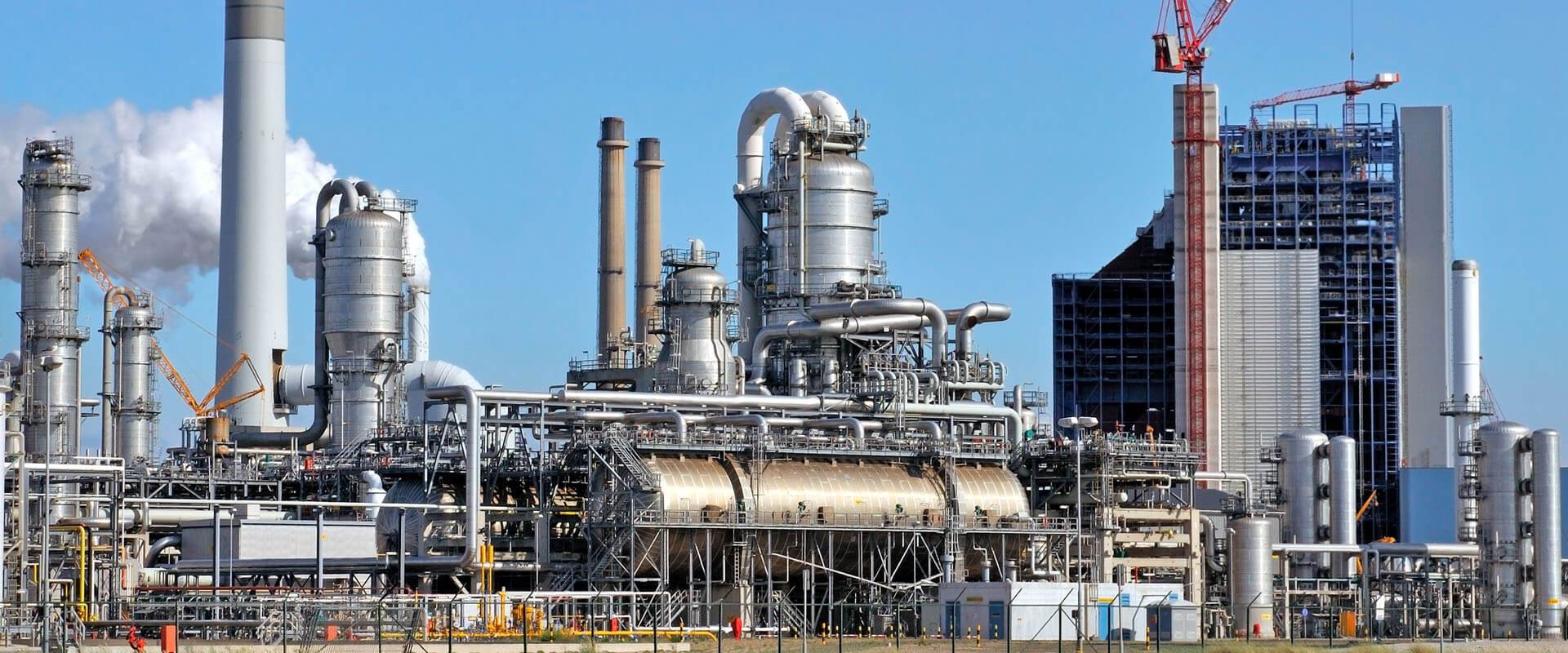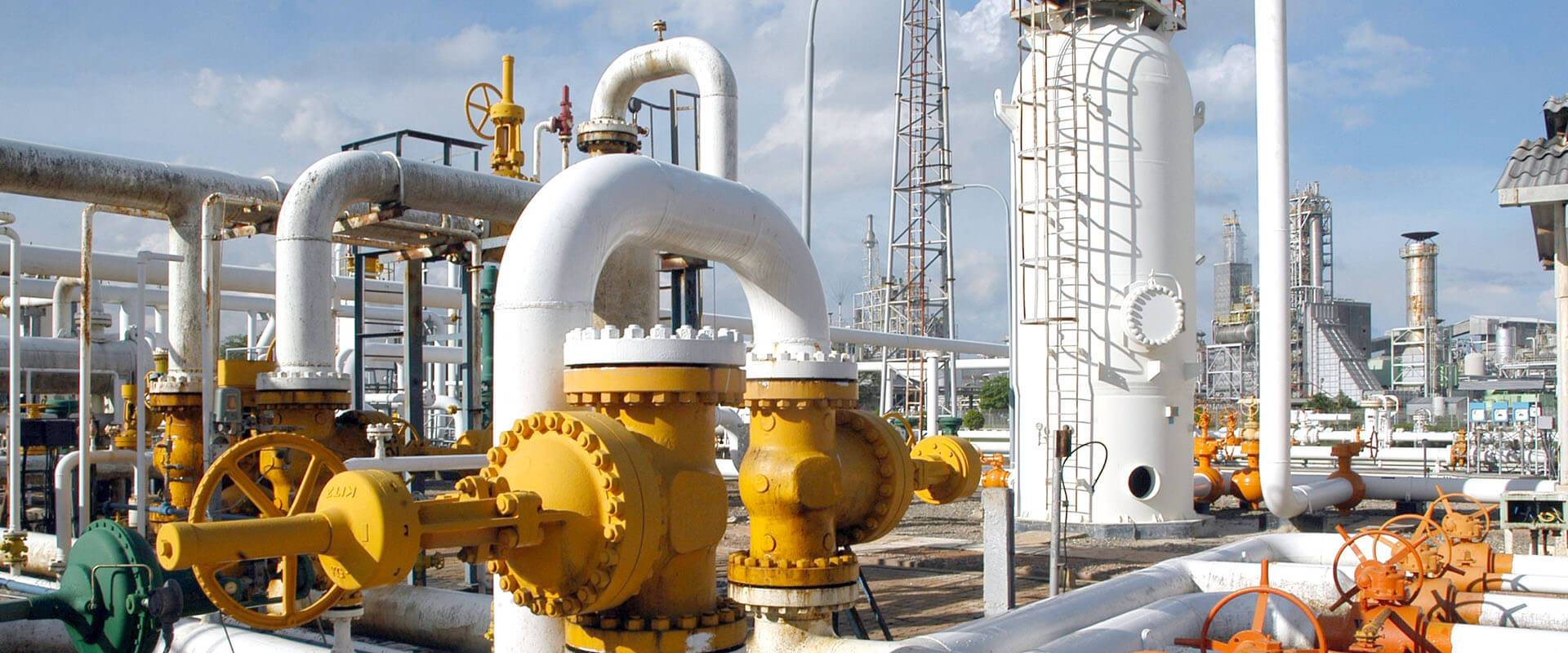Industrial environments can present toxins from the transformation of raw material into product. Therefore, it is mandatory by law that industries have air filters in their exhaust and ventilation systems. Filter industry helps prevent odors and poisoning of workers. Furthermore, they are important to prevent toxins generated within the factory from passing into the environment, causing pollution.

Air filter models for these two purposes depend on the core industry activity. That's because, the transformation of different raw materials give off different substances. Some factors to take into account when choosing filters are. Purity degrees that the air needs to be inside the premises, degree of purity that the emission of gases and air exhaust need to have.
Knowing which air filter to install in the filter industry is not only a legal and health issue, it also means increasing the profitability of the business. Companies that do not follow the air filtering recommendations have greater problems with downtime, due to the intoxication of workers, fines and environmental sanctions, in addition to always running the risk of falling under inspection.
As said, the right type of filter for each industry must be chosen according to the legislation and the type of production manufactured. But the most common variations that help protect both workers and the environment are:
This is the main filter when it comes to removing particles from the air. That's because it is able to eliminate 99% of impurities from the air. It goes through pleated glass microfibers, interspersed with special cords that increase the filter industry. This technology allows the filtration of tiny particles, 0.3 microns.
Hepa filters can have more than one variation for industrial environments: conventional (flat) and wedge (V-shaped). Both have seals with two-component polyurethane compounds within a frame in galvanized sheet. It can be aluminum or stainless steel, according to the needs of each environment.
In industry, this filter is ideal for dry painting booths for finishing materials such as leather, metal, wood or even the simplest plastic. It is sold in boxes from 75 centimeters to one meter and. It is due to its intense compaction.
Similarly, it is capable of containing a large amount of contaminating solids. Moreover, the filter industry that benefit most from this filter are metallurgy, plastic, furniture and automobiles.
Generally, this filter is suitable for industrial environments with intense air and particle flow. It consists of a filtering mat with a large extended area and a pressing system made of galvanized steel, aluminum or stainless steel, directly on the frame, which reduces the risk of bag detachment.
It is made from rigid cartooned cardboard; the filter has great resistance to intense air transmission and a long service life. We can maintain it easily. It attaches to metal side edges directed towards the air inlet and outlet. In filter industry, it fulfills the role of air quality maintenance. Moreover, it avoids impurities and toxics from its installation in air conditioners, air exhausters and electrical panels.
This mini pleated filter with filtering septum made of polyester synthetic fiber, galvanized sheet frame and electro welded galvanized containment mesh. These filters are widely common to prevent industries from having large emissions of pollutants. For this, filter industry is usually installed in the exhaust hoods to retain substances that can cause damage to the environment.
It is also know as fiberglass mat, or floor filter mat, the filter is composed of glass fibers arranged with progressive density. This makes its absorption capacity up to 2900 grams per square meter. The filter is widely common in automotive paint booths and is positioned horizontally, under the grids of paint kilns.
The industrial environments need to ensure the safety of its workers, the perfection of the production process and maintenance of the environment. Building an air filter system for filter industry is essential in meeting all of these requirements.
This is because contaminants come by industrial processes, such as chemical particles, or comet in from abroad, such as dust and pollen. They can be both cause illness in employees, as well as harm processes that need a particle-free air and also pollute the environment. Understand how to use the right filters to create a safe industrial environment.
Before knowing which air filtration system to use, it is important to understand the dangers of not employing the right models for the industry's need. Moreover, due to the problems described above, the lack of air filtration can cause:
Legal damages, if the air inside the filter industry and expelled by it does not meet the prerequisites stipulated by law
To avoid these problems, promote employee health, environmental preservation and product quality. Therefore, industries need to build air filtration systems suited to their reality. In addition, the choice of which type of filter to use will depend on the objectives expected with it.
Filtration of particles is leaving the industry, maintenance of indoor air quality, odor retention, volume of expelled air, among others.
Hepa Filter: this is the main filter when the objective is to eliminate particles from the air, since it is able to eliminate 99% of the impurities from the environment. This is do using pleated glass microfibers that increase the filtering area.
This technology allows the filtration of tiny particles, 0.3 microns. Multi Bag Filter: This filter is ideal for filter industry that has intense air and particle flow.

Cartoned filter: This filter helps industries maintain air quality, avoiding impurities and toxics. This is do using a rigid cardboard filter media. It gives the filter great resistance to intense air transport and a long service life. We can easily maintain and replace it. Moreover, it attaches to metal side edges directed towards the air inlet and outlet.
